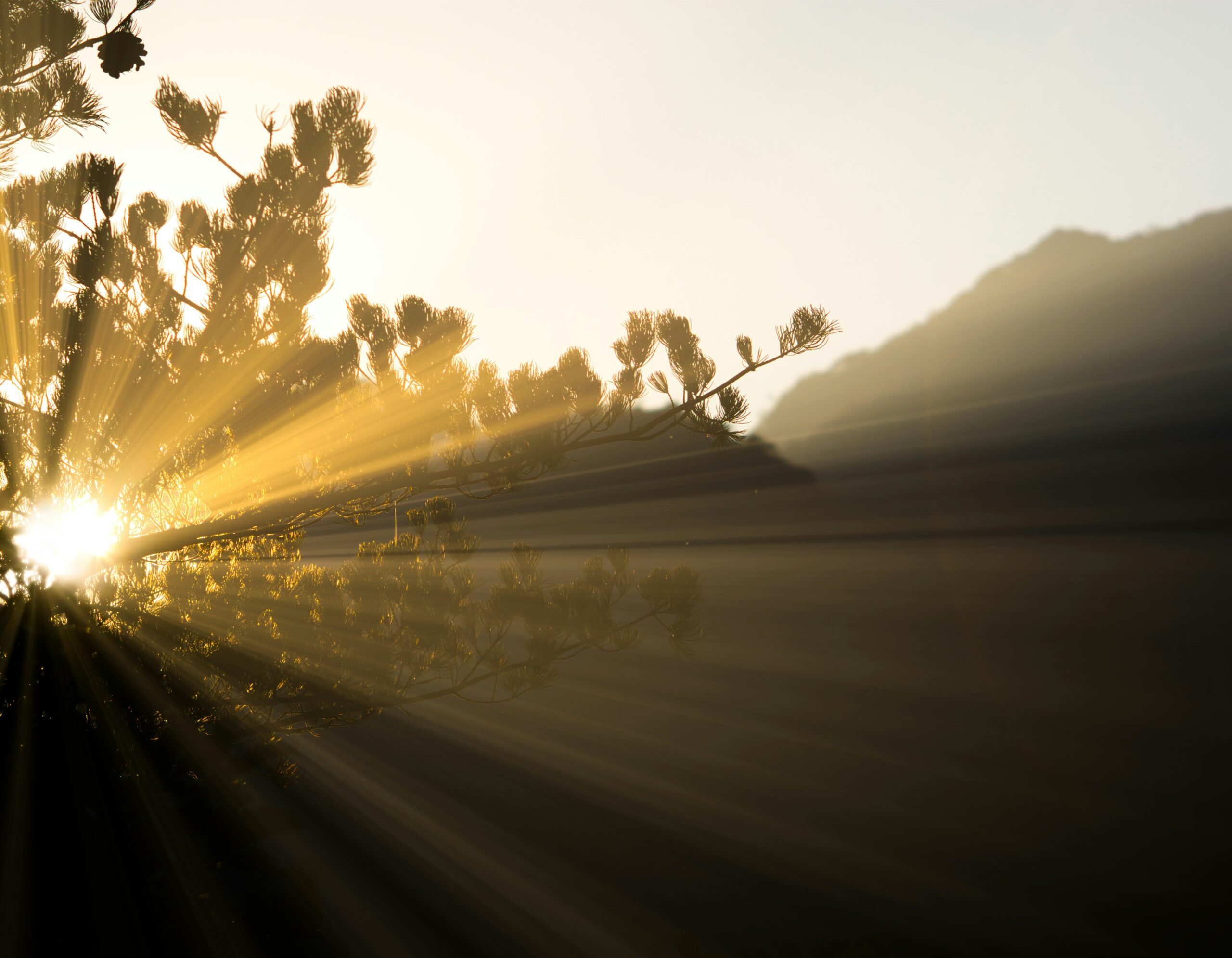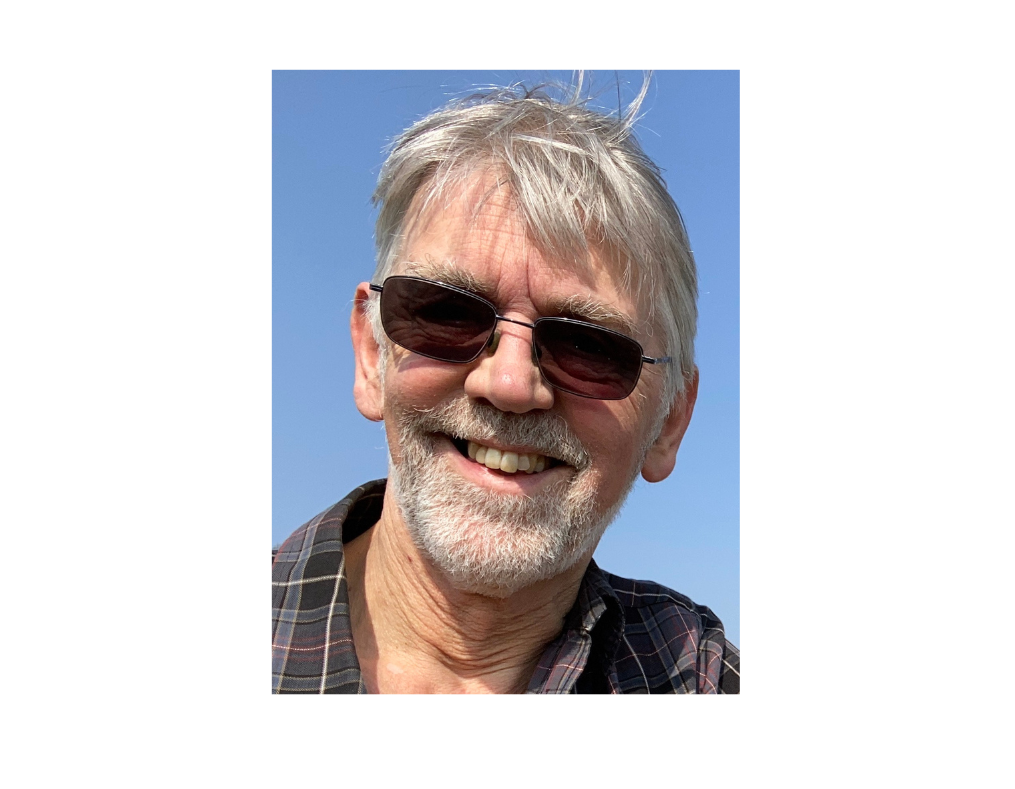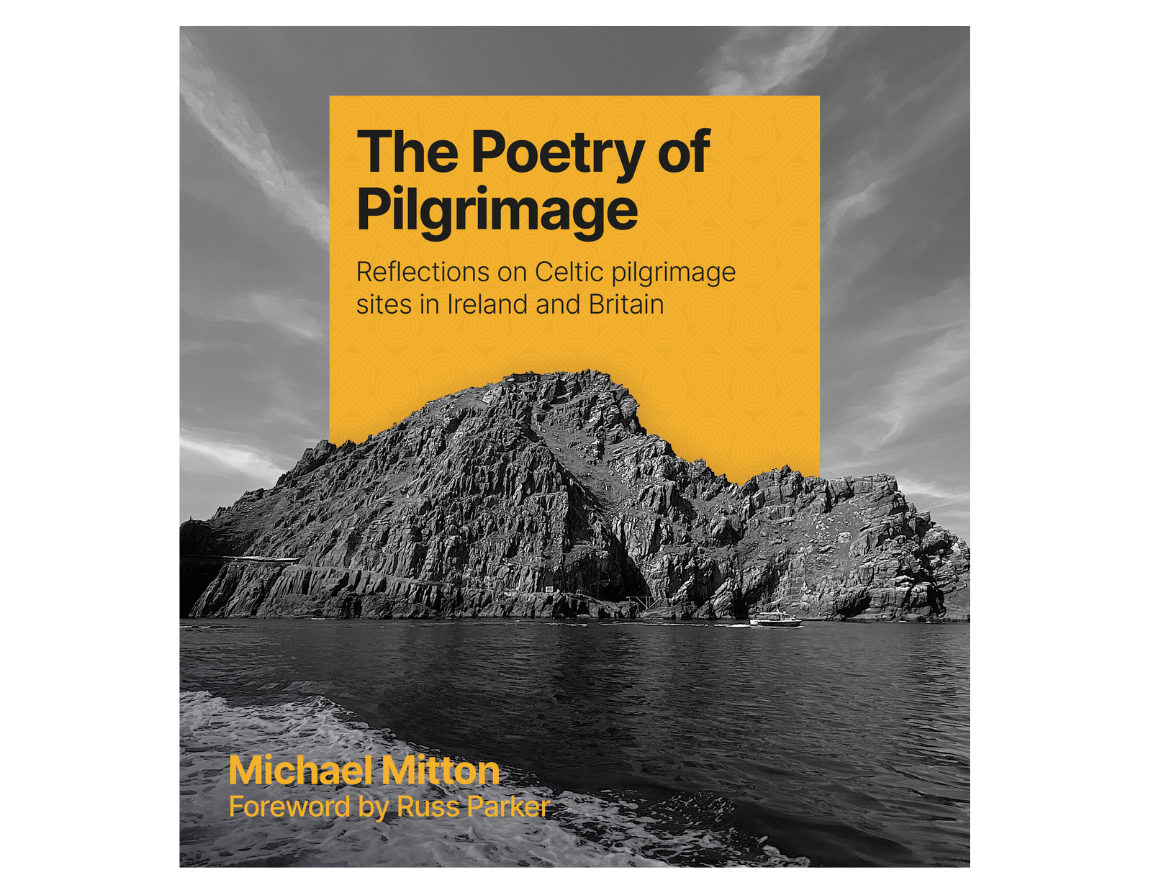In the last of our articles celebrating Creationtide (1 September–4 October), Michael Mitton reflects on the extraordinary poet storytellers who captured the wonder of creation in Genesis.
29 September 2024
In the day that the Lord God made the earth and the heavens, when no plant of the field was yet in the earth and no vegetation of the field had yet sprung up – for the Lord God had not caused it to rain upon the earth, and there was no one to till the ground, but a stream would rise from the earth and water the whole face of the ground – then the Lord God formed man from the dust of the ground and breathed into his nostrils the breath of life, and the man became a living being. And the Lord God planted a garden in Eden, in the east, and there he put the man whom he had formed. Out of the ground the Lord God made to grow every tree that is pleasant to the sight and good for food, the tree of life also in the midst of the garden, and the tree of the knowledge of good and evil.
Genesis 2:4–9 (NRSV)
Hitching a lift on the TARDIS
If it were possible to flag down the Doctor from Doctor Who and hitch a lift in the TARDIS, it would be very interesting to set the satnav to transport us to the creation of all things. I suppose it would settle a few issues about how this planet came into being. We could take our phones and capture some good shots of it all. The panoramic setting would work nicely. We could attempt a few movies as well. Then the good Doctor would speed us home and we could certainly fill a few lecture halls, giving fascinating talks with thrilling PowerPoint slides and film clips.
The creationists would be there – those who hold to a literal understanding of a seven-day creation. They would be hoping we had set the date and time on our phones. The scientists would turn up too, checking if their favoured theories would still hold water. Geologists would be immensely keen to see if we had managed to fetch a few rock samples while we were there. We would certainly be popular and not be short of work for quite a few years.

Anyone trying to write about the commencement of this remarkable world is almost doomed to failure – except that a couple of writers have all but managed it.
Poet storytellers
Just trying to imagine such a scenario illustrates how impossible the task is. We are talking about the beginning of this bright, spinning globe that, against unimaginable odds, became a habitable home for human life. Anyone trying to write about the commencement of this remarkable world in the immensity of this universe is almost doomed to failure – except that a couple of writers have all but managed it.
Who they were, we don’t really know, but some people wrote the first pages of the Bible in the book that came to be called Genesis. We see two accounts of creation in chapters 1 and 2, almost certainly written by two different writers from different times in history. It is clear from the way they write that they were poet storytellers, and poets write from and for the heart. They are inclined to be a little impatient with scientists. Scientists struggle with poets and run into trouble if they take them too literally.
These poets listened intently and, after listening, they wrote down what they heard. They listened to a trail of ancient wisdom that went back down the generations. They put those stories alongside their own experience. They were people who harkened to their world. They would go to the hilltop at the end of the day and watch the burning sun settle gently behind the dark mountains. They would wait until little specks of sparkling light glimmered in the darkening sky, and watch the mottled moon turn the landscape silver.

They saw everything as part of a God-blessed harmony of water, earth, light, dark, mountain, plain, tree, plant, insect, animal – everything.
A God-blessed harmony
They observed. They wondered. They prayed. They listened to God’s creative Spirit.
What went through the minds of those ancient people? Whatever it was, we can glean from these intriguing early stories in Genesis that they held a profound wonder at the created order. They saw everything as part of a God-blessed harmony of water, earth, light, dark, mountain, plain, tree, plant, insect, animal – everything. In origin and in essence, this created planet was good and it was called into being by a good God. The creation stories describe to us a world where humans and nature live in a precious harmony. Why, even the man is formed from the very dust of the earth. There is a blessed interdependence. We were made to belong to each other. The earth is a true home where humans can flourish and walk with their God in the cool of the day.
Of course the poets spotted the tree in the garden and it certainly put a stutter in their cadences. They had seen it again and again – humans glancing up at forbidden fruit while the devious words of a tempter slithered into their ear, promising so much yet at such cost. Whatever you make of that story of Adam and Eve and forbidden fruit (Genesis 3), the message that those poets professed loud and clear was that when humans mess things up, their relationship with the earth suffers.
These poets had seen such things even in their own souls. The experience of Eden is with us every day. We have the choice – to live in wonder, generosity and care, or to grasp for that which is not ours and thereby darken the world for others.

Step into those chapters with open eyes and heart, and see what the sheer wonder of God’s precious gift of this earth might evoke in you.
Come and join us
Those two Genesis poets lived a long time before the eco-warriors, but they clearly had something of their passion, and it is their passion we need to listen out for as we read these well-known accounts of creation.
To read these stories in order to learn scientific facts or win theological contests is to miss the point. Those writers wanted us to get ourselves into these stories and feel our way around in them. ‘Come in and join us,’ we can hear them saying today. ‘Come and feel the softness of the new unpoisoned soil. Come, listen to the sound of the rising lark, unimpaired by the roar of the motorway. Come close and stroke the mane of the noble lion in the world where he knows no enmity with you. Come, feel your instinct, your longing, your yearning for paradise. Come, see the earth as it was always meant to be. Feel the tears in your eyes as you imagine such things. Listen to your tears, your laughter, your longings as you survey such wonders.’
When it comes to the environment, we have almost become immune to the endless reports, warnings and predictions of catastrophe. However, a moment with the poets of Genesis feels different. Step into those chapters with open eyes and heart, and see what the sheer wonder of God’s precious gift of this earth might evoke in you. You don’t need a TARDIS – you need a soul that is willing to let the Spirit of God breathe upon it. ‘Then God said, “Let there be light”; and there was light. And God saw that the light was good.’ This good light will always work its wonders.
This is an extract from Michael Mitton’s book Seasoned by Seasons: Flourishing in life’s experiences (BRF, 2017)



